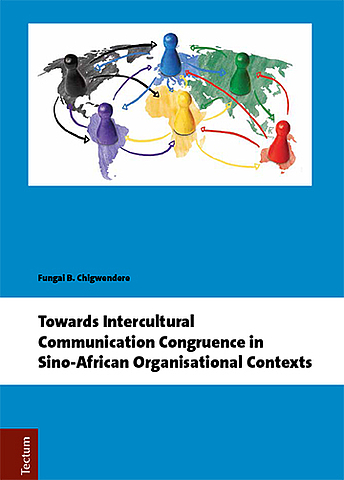englischThe global outlook of contemporary businesses has made the notion of intercultural communication effectiveness increasingly relevant as home and host country organisational incumbents seek to minimise intercultural communication challenges. From an academic perspective, despite the prevalence of theories and research that could serve as guidelines for addressing intercultural communication challenges, continued existence of these challenges in some contexts suggests potential inadequacy of such theories. Therefore, in this study, using a case of the Sino-African organisational context, several frameworks for enhancing intercultural communication effectiveness are proposed and developed. The frameworks culminate in a hybrid intercultural communication congruence framework to enhance intercultural communication and achieve intercultural communication congruence (IC congruence) in Sino-African organisational contexts. This book is a must for academics interested in theory development in intercultural communication, as well as organisational and management research in Africa. The bevy of frameworks developed and the methodological processes followed present a point of academic debate and raise numerous questions for future research. The book also provides useful insights into intercultural communication in Sino-African organisational contexts and would be of interest to managers, consultants and trainers working in Chinese organisations in Africa as well as on cross-cultural and intercultural management. In addition to introducing new concepts to the discourse of intercultural communication, the study marks the first comprehensive inquiry into intercultural communication in Sino-African business relationships in the organisational context.
Der globale Arbeitsmarkt ist von weiterhin zunehmender Interkulturalität geprägt. Am Beispiel chinesischer Unternehmen in Südafrika untersucht Chigwendere, welche Unterschiede und Hindernisse zwischen den Kulturen bestehen und eröffnet so eine Möglichkeit, Kommunikation im Kern zu verbessern.



